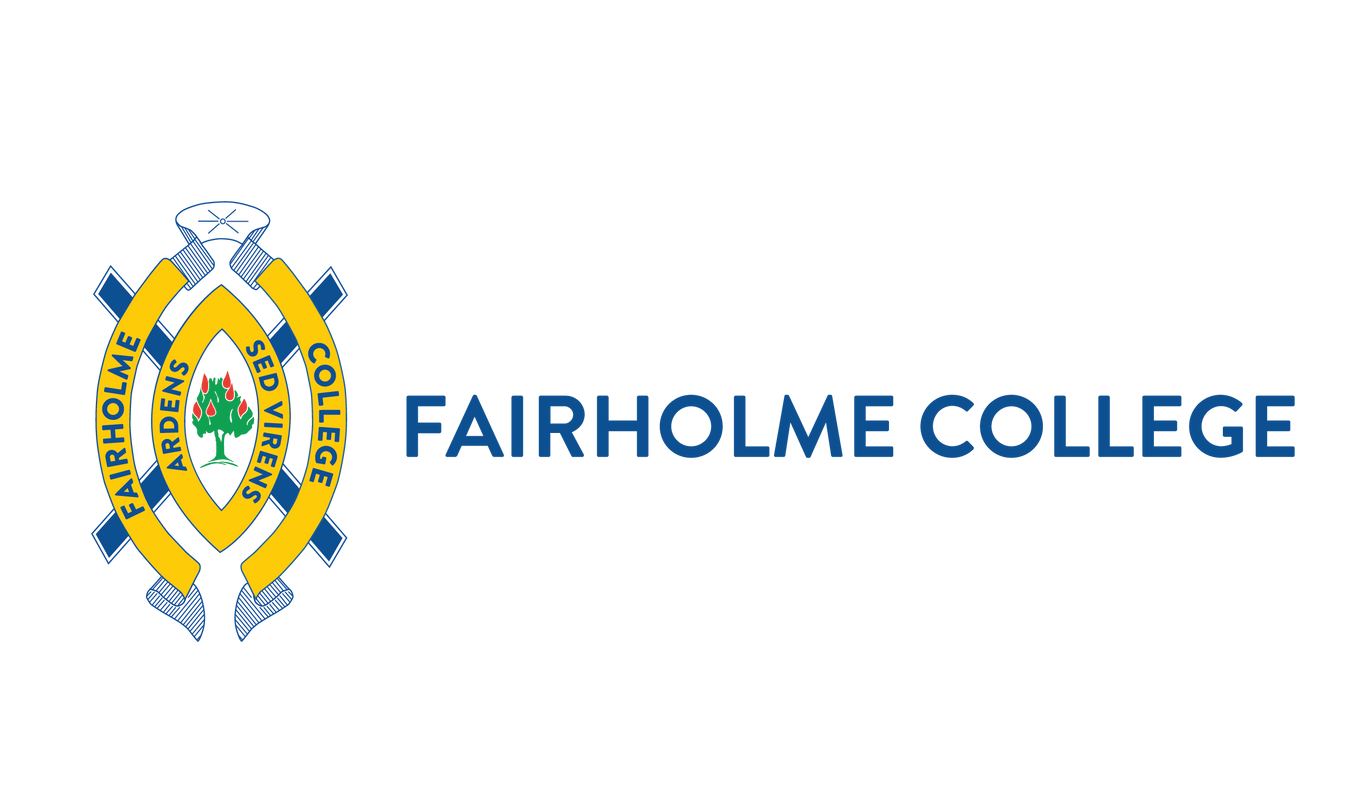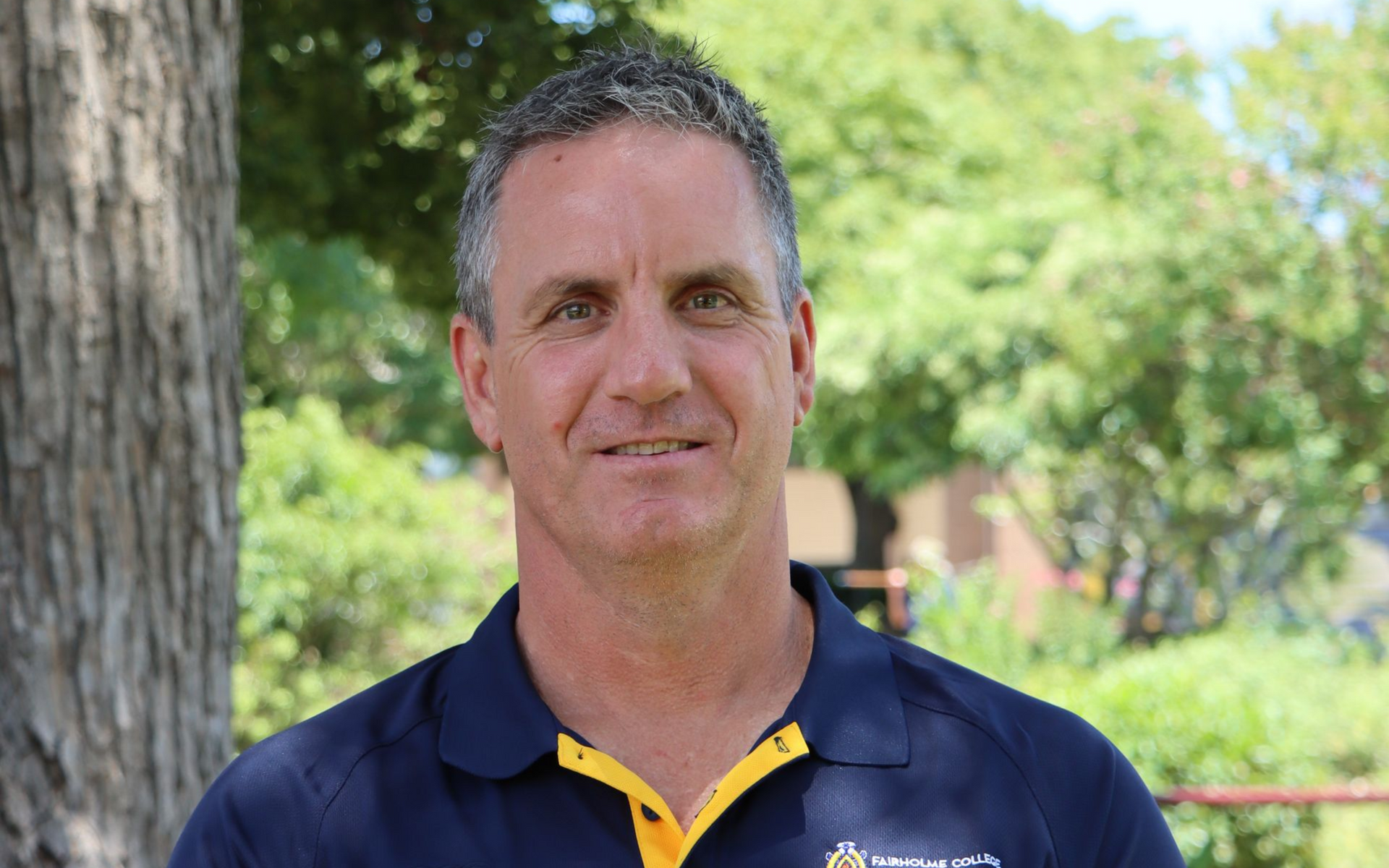Pondering Resilience In Blackall
Resilience - If you put the word “resilience” on a poster, it would probably be under a photo of someone climbing a mountain, fighting a forest fire, or perhaps tending to patients in a Covid ward. But, in fact, it’s the small disappointments or frustrating moments that truly build resilience (Vance, 2021).
Tuesday 7 June 2022, it is cold: Toowoomba-esque winter-cold, and I am standing at the Showgrounds in Blackall, waiting to speak to the topic of resilience, as part of a panel. It is the 51st ICPA (Isolated Children’s Parent’s Association) Conference, and I am conscious that I am about to speak to a group of boarder parents, past boarder parents from country towns, properties, and communities - those who live and love bush life, those for whom the practice of resilience is a feature of daily life. These are people who depend directly on the nuances of seasons and weathers, they know intimately, what it means to manage disappointment and reframe frustrations: impostor syndrome lurks within me – what can I offer to this conversation? Standing beside me, is Fairholme parent, Joy McClymont – pocket dynamo and founder of ‘Off the track training’ – she is a walking advertisement for resilience, perseverance, and grit. There’s Linda Hansen, Chief Operating Officer at Outback Futures, Kevin Hillebrand, a Mental Health Social Worker with the Royal Flying Doctors Service, and Dr Toby Ford, CEO Ford Health – as facilitator. I am in exceptional company.
Toby challenged the way we define resilience, or certainly the way we sometimes view it. He reminded us, that inherent in the term, is the notion of flexibility, elasticity, adaptability. Yet, we often tie resilience to stoicism, don’t we – the ability to continue with impressive persistence, despite adversity. This is OK, he noted, provided we are not doggedly stoic. It’s flexible adaptability he advocates as pure resilience, it is the behaviour we have witnessed abundantly in this season of coronavirus, where the need for change, pivoting behaviour, and flexibility has been demanded of us, more often than at any other time in recent history. Yet dogged stoicism, the ‘but we’ve always done it this way’ mindset often loiters in our DNA. Toby views this intractable worldview as a danger to our health.
Enter media personality Seamus Evans (of ‘Totally Wild’ fame) who also addressed the ICPA Conference a few days later, as ambassador for the Tourette Syndrome Association Australia. The crux of his message was about the value of flexible adaptability in the face of adversity. Humorously and also poignantly, Seamus shared his own story of managing neurodiversity through his life and particularly throughout his adolescent and young adult life, where he courageously turned this perceived flaw into his superpower. His mantra, in the most difficult of circumstances, has been - just one more step. Keep going. Do not give up. Eat that elephant one bite a time … His presentation was a reminder that another important factor in achieving successful resilience is to know our destination. Seamus asked, what’s the point in bouncing back, if we don’t know where we are headed.
Yes, it may seem that resilience is an over-used, hackneyed term, or one that has been given too much media focus. Yet, as a skill, its value sits high above an ATAR, a swathe of certificates or success on the sporting field. To be resilient is a back pocket card that may or may not need to be played regularly throughout one’s life, but it will need to be played – it will. Of course, the way we learn resilience comes from many sources – including our first and most important teachers: our parents. “A parent’s resilience serves as a template for a child to see how to deal with challenges, how to understand their own emotions,” (Siegel cited in Popek, 2018). How do we, as adults, demonstrate resilience in our own daily living? Importantly, how do we respond when our children struggle to self-regulate when faced with adversity or difficulty?
I once listened to Sports Psychologist, Dr Joann Lukins, share an occasion where a team she was mentoring, lost an important match, in the dying seconds. What did she say to them, what were her magic words, the audience wondered? “I said nothing,” she told us. In her view, at that moment, there was simply nothing to say that would be helpful. Perspective comes with time, but not two minutes after disappointment. We need time and the dignity of space in order to digest disappointment; if we are resilient, we will bounce back. There is no gene for resilience, therefore, in the nature versus nurture debate, it’s all about nurture. Thus, in not wanting to steal our children’s need to confront and negotiate disappointment, Lukins’ advice is noteworthy. Give space. Give time. Don’t over-talk. Model self-regulation and hence the first step towards responsive resilience.
Whilst “one of the great skills of parenting is knowing how to challenge, when to challenge, how much to challenge” (Masten, cited in Vance, 2021), we do know that resilience is best developed when we allow our children to flounder, fall, adapt, and rebound. We do know that our own example is the most powerful tool in either nurturing or curtailing its development. Our children’s resilience is not best represented in posters about mountain climbing or firefighting. It is best evidenced in small ways that cumulatively build a flexible adaptive worldview and allow them to recover from hurt, pain and disappointment without our intervention or over-soothing behaviours. The back pocket card of resilience needs to be available to be played, because it will need to be played, for some – if we consider Seamus Evans, on a daily basis. Ultimately, the ideal would be that our children (and us) have the skills to reimagine our flaws as superpowers.
Just one more step. Keep going. Do not give up. Eat that elephant one bite a time …
Dr Linda Evans | Principal
REFERENCES
Popek, E. (2018). ‘To Raise Resilient Kids, Be a Resilient Parent.’ The New York Times. March 28, 2018. Retrieved 12 June 2022
Vance, E. (2022). ‘The Secret to Raising a Resilient Kid.’ The New York Times. Sept. 14, 2021. Retrieved 12 June 2022
More News
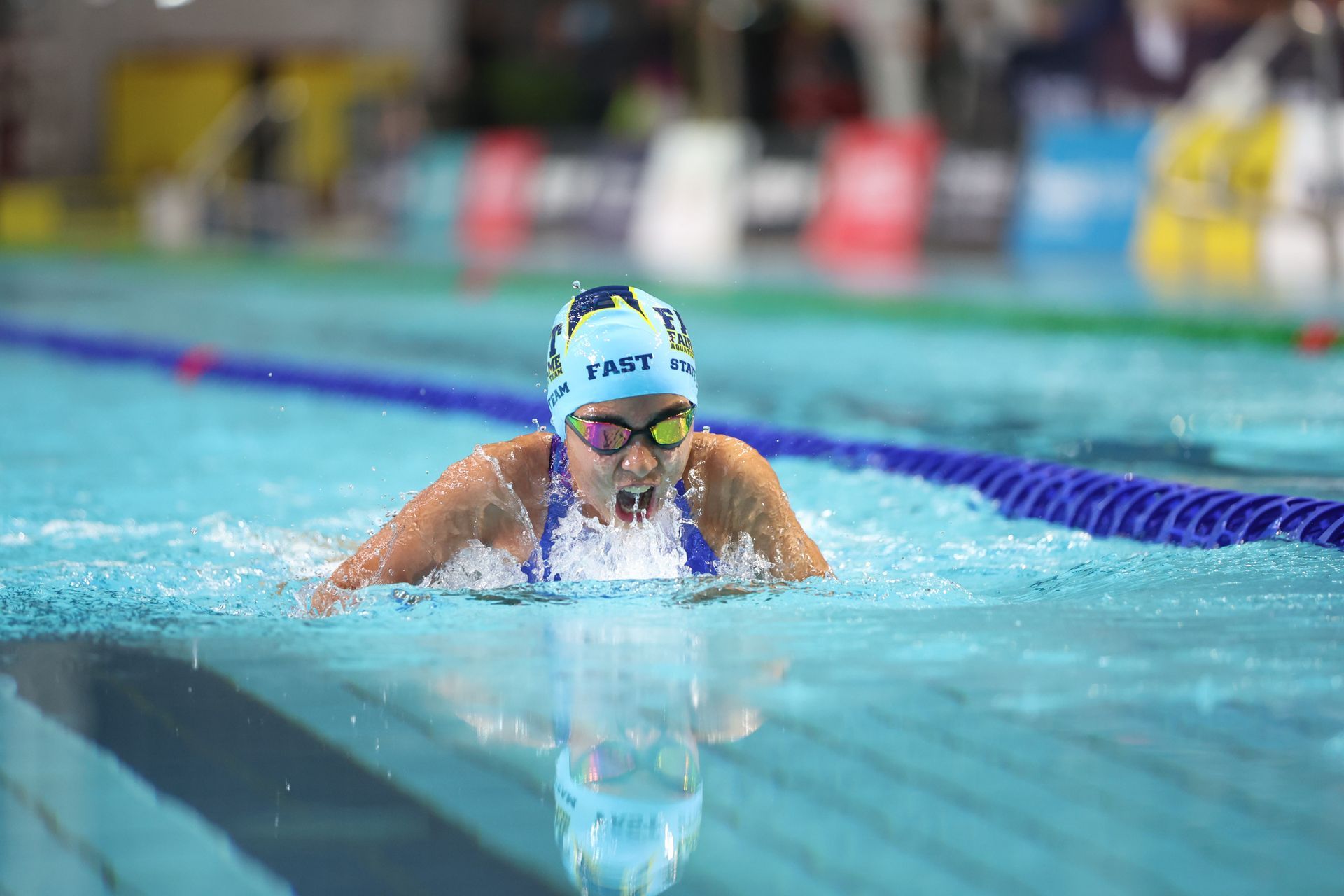
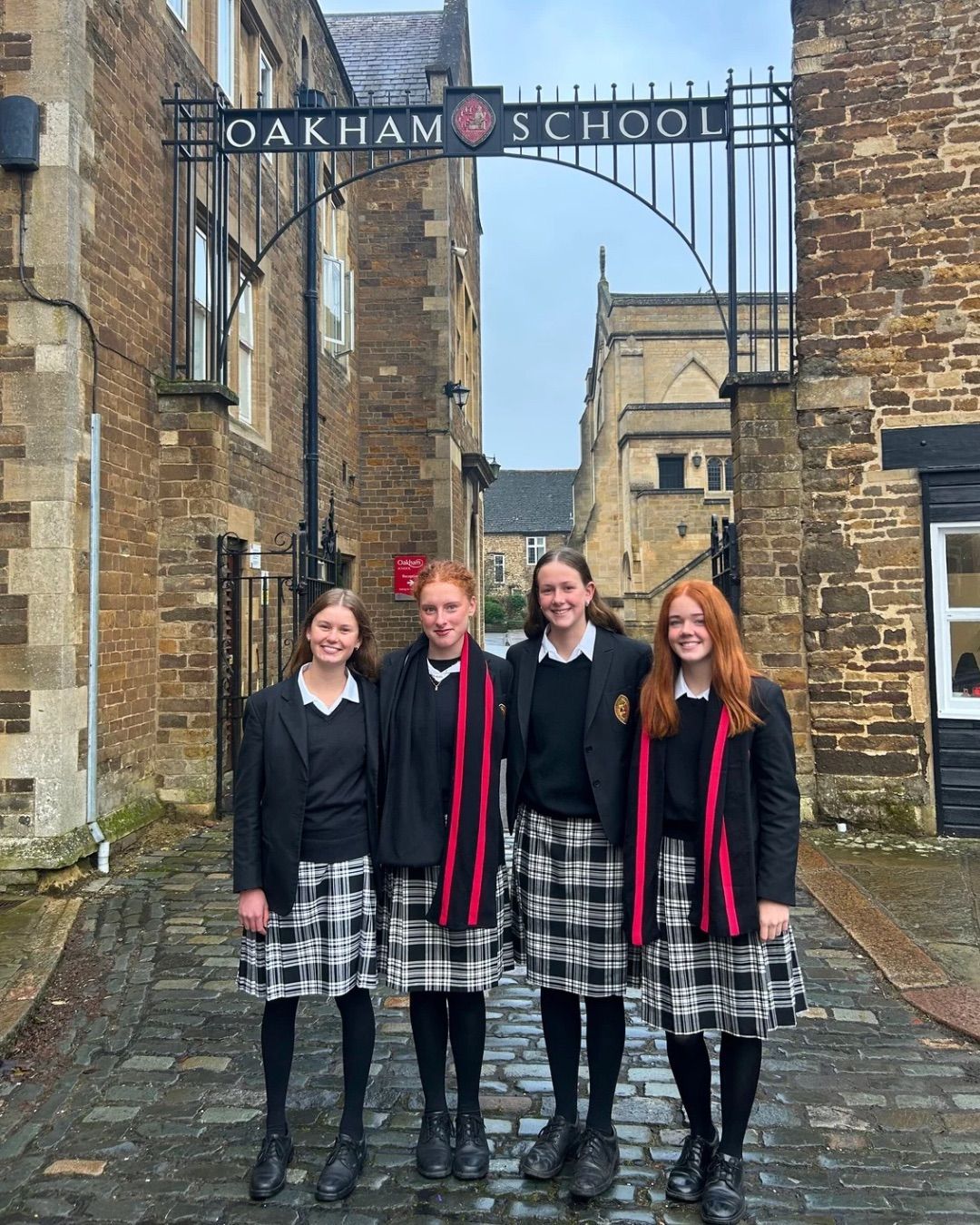
More News…




